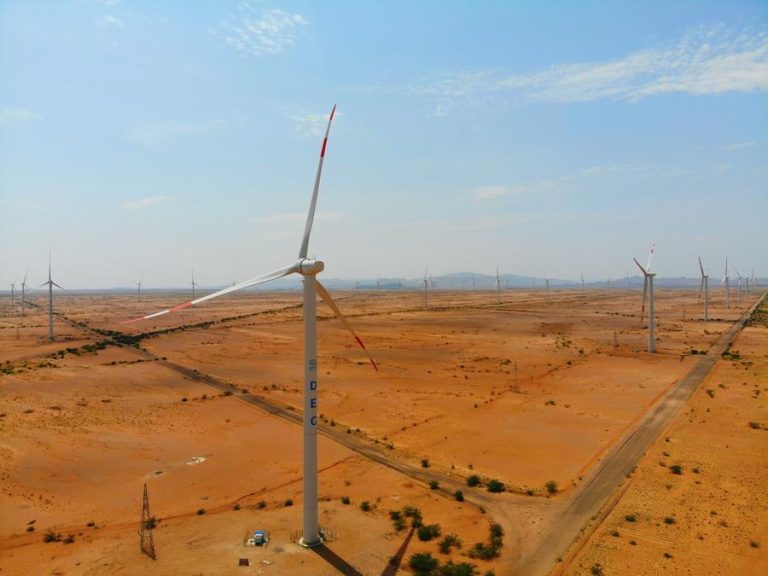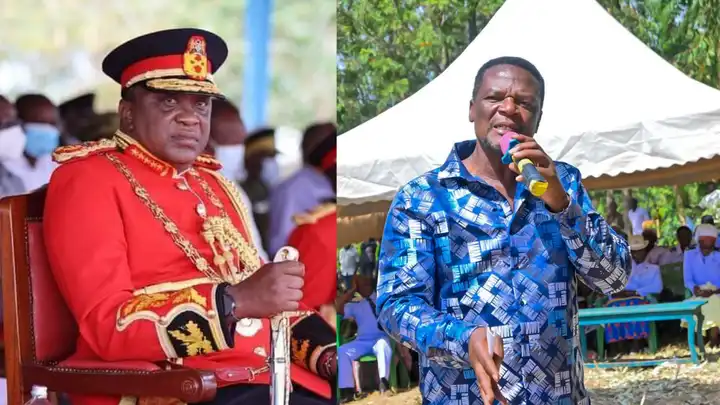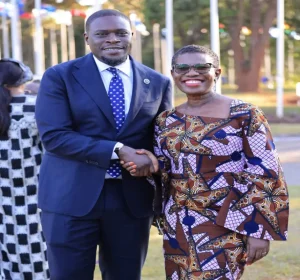The ongoing reliance of African countries on external borrowing, coupled with insufficient economic growth to support repayment, is creating a vicious cycle of debt dependency.
Structural adjustment programmes imposed by international lenders have often resulted in austerity measures that appear to disproportionately impact the most vulnerable populations by reducing essential public services.
Over the past two decades, statistics show that African nations have seen exponential debt accumulation driven by a mix of structural economic deficiencies, commodity price volatility, geopolitical instability, and reliance on external financing to address fiscal deficits. According to projections from the IMF and World Bank, sovereign debt in Africa has reached unprecedented levels, with several economies allocating more than 50% of government revenue to debt servicing obligations.
The push to liberate African countries from their overdependence on external debt has garnered support from the Catholic Church worldwide. With 2025 designated as the year of Jubilee, there is a strong call for debt cancellation for African nations that have long been exploited by the international financial system.
“Our vision for Jubilee 2025 is to see Africa liberated from the constraints of unjust debt, thriving within a fair global financial system, and strengthened by ethical leadership and robust governance,” stated Bishop Charles Sampa Kasonde, Chairman of AMECEA.
This sentiment was echoed by Father Charles Chilufya, Director of the Jesuits Justice and Ecology Network Africa (JENA), during the launch of the 2025 Jubilee year in Africa.
“The burden of unjust debt undermines the dignity of millions, stifles development, and traps nations in cycles of poverty,” he remarked.
There is optimism that this initiative can succeed if widespread support is garnered, recalling the successful campaigns during the 2000 jubilee year, which resulted in over $100 billion in debt relief for some of the world’s poorest countries, including Uganda, Mozambique, and Tanzania.
This relief allowed these nations to invest in critical sectors such as health, education, and infrastructure, significantly improving the lives of millions.
Addressing Africa’s Debt Crisis
Africa stands at a pivotal moment. The International Monetary Fund and World Bank have classified numerous African nations as either in debt distress or at high risk of default, creating a precarious balance between necessary expenditure and crippling debt obligations.
Countries such as Zambia, Ghana, Ethiopia, Chad, Somalia, Sudan, Malawi, and Kenya are classified among those under debt distress.
The Jubilee 2025 Debt Cancellation Campaign aims to reignite this movement, advocating for structural reforms to prevent debt dependency, address systemic inequities in credit markets, and challenge extractive lending policies by global financial institutions.
Macro-Economic Trends and External Debt Accumulation
- Public Debt-to-GDP Ratios: While the IMF recommends a sustainable debt-to-GDP ratio below 55% for emerging markets, several African countries have exceeded 70%, with some surpassing 100%.
- High-Interest Debt and Eurobond Issuances: Unlike developed nations that access near-zero interest credit facilities, African countries often must borrow at double-digit interest rates, exacerbating fiscal pressures.
- Volatility in Foreign Exchange Reserves: The depreciation of local currencies against major international trading currencies (USD, EUR) inflates external debt burdens, making sovereign debt even more costly to service.
By Jael Chemutai













